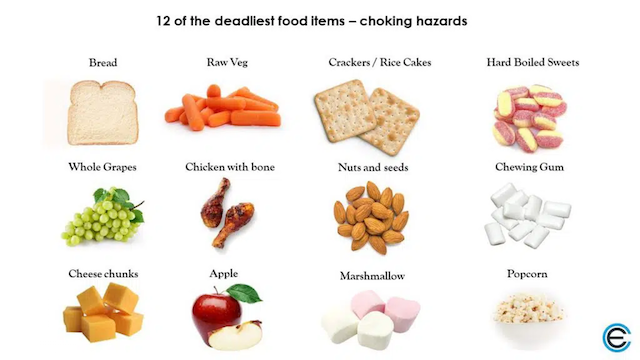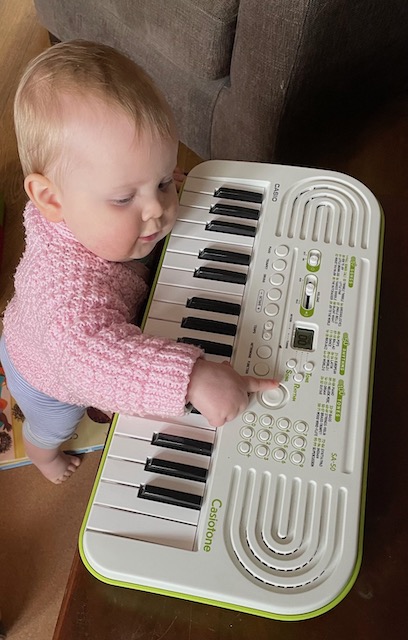 It's not really a question we want to
consider, so most of us don't. But who will look after our children if we die
early, while they are still minors? Without pre-planning you may find your child is exposed to a
nasty court battle.
It's not really a question we want to
consider, so most of us don't. But who will look after our children if we die
early, while they are still minors? Without pre-planning you may find your child is exposed to a
nasty court battle.Enshrined in the heart of English law concerning children is the concept of parental responsibility. This refers to all the rights, duties, powers, responsibilities and authority which, by law, a parent of a child has in relation to a child and his property.
Here are a few points to be aware of:
- Mothers and fathers, whether married or unmarried, who are registered on the child's birth certificate after 1 December 2003, automatically acquire parental responsibility.
- Otherwise parents (and others) must acquire Parental Responsibility by the agreement of the child's mother or by court order.
- As a parent with parental responsibility you can appoint a testamentary guardian in your will. This will mean that on your death, as long as there is no other person with parental responsibility, the person you appointed will acquire parental responsibility for the child. However, if there is a residence order in place in the appointers favour the person appointed will still acquire parental responsibility even if there is someone else with it.
- The guardian may choose to terminate their own appointment.
If you appoint a testamentary guardian can you be sure that after your death your child will live with your chosen person? The short answer is no but it does carry weight.
If no one disputes the child's residence then there will be no issue. But if there is a dispute then having parental responsibility will allow your chosen person to apply to the court for a residence order. This will determine where the child should live.
The court will make a decision based on the welfare of the child. In doing so the court will take into account a list of factors including the wishes and feelings of the child, the child's needs, the child's characteristics and the capacity of the proposed carer.
Therefore there is absolutely no guarantee that a court will follow your wish as to who your child should live with, but you can do a number of things that would help to reduce any later conflict:
- If you can, discuss the issue with the other parent and reach an agreement on the issue
- However morbid it may seem, make practical arrangements with a nominated person to step in to care for your child if the worst should happen
- Make a will and appoint that person as a testamentary guardian. Ensure the person nominated knows they have been appointed and that they are willing to act in this capacity and give them a copy of the will for safekeeping
- You can also draft a letter of wishes which can be kept with your will. Although this is not binding it can be persuasive.
Making provisions for your child now, even though everyone hopes they will never be needed, gives you, your child and the rest of the family clarity and peace of mind.
David Hodgson is an experienced family lawyer and mediator at Fisher Meredith solicitors. He is a partner, collaborative lawyer, an Accredited Resolution specialist and a Member of the Law Society Advanced Family Law Panel. His work covers a broad range of separation and family related issues, including children and financial matters.
Fisher Meredith offers a wide range of consumer legal services which include; Children Law, Conveyancing, Court of Protection and Community Care Law, Criminal & Fraud, Dispute Resolution, Education, Employment, Family Law, Human Rights, Immigration, Wills & Probate.
For more information contact Fisher Meredith / 020 7091 2700




